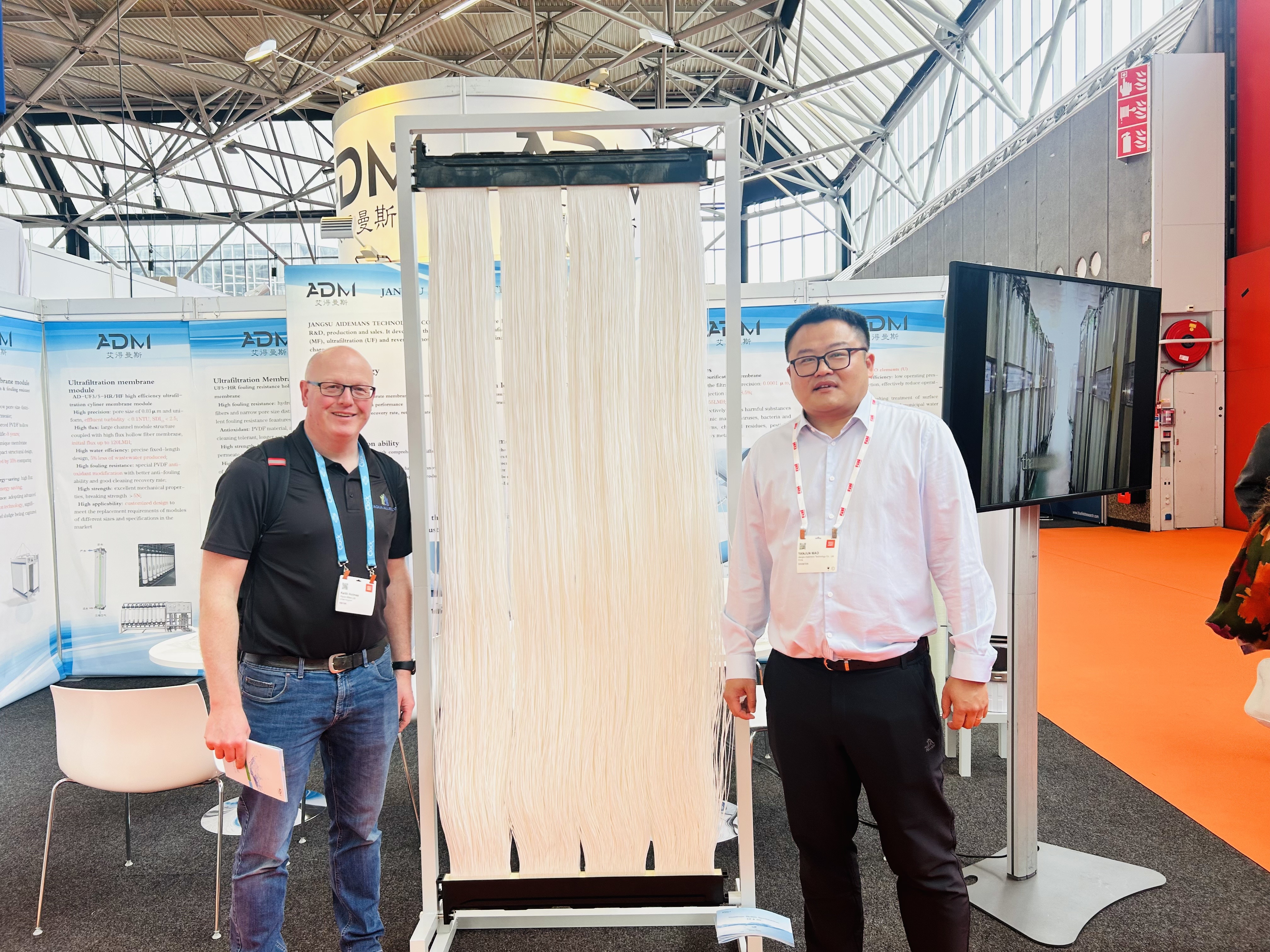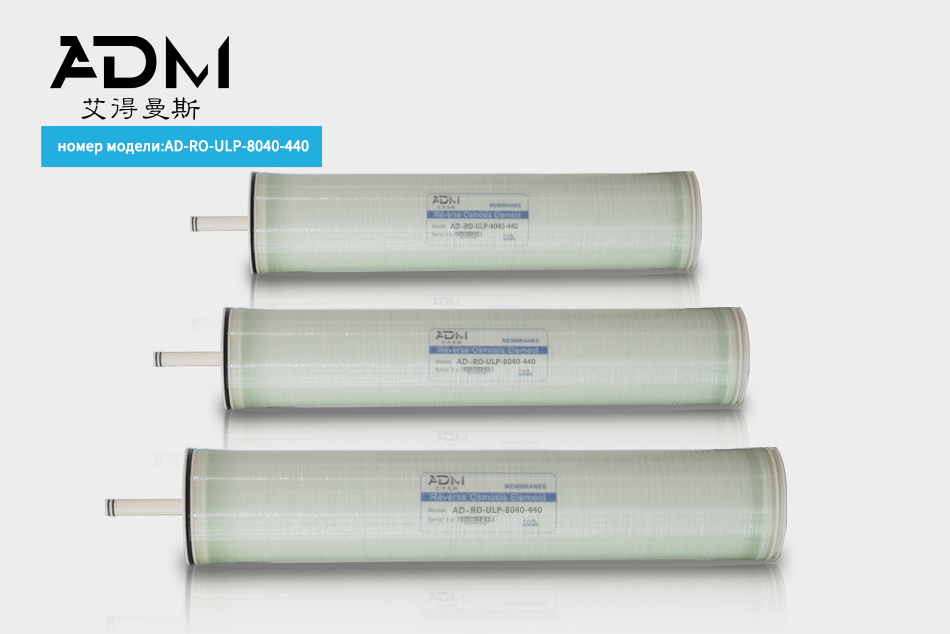Understanding Reverse Osmosis EHF: A Key Player in Industrial Filtration
Release time:
2025-07-12
Reverse Osmosis EHF, or Reverse Osmosis with Enhanced High Flux, is a critical technology in the realm of industrial filtration. This advanced filtration method leverages the principles of reverse osmosis to separate impurities from water, providing a reliable solution for various industries, including manufacturing, pharmaceuticals, and food processing. At its core, reverse osmosis is a process w
Reverse Osmosis EHF, or Reverse Osmosis with Enhanced High Flux, is a critical technology in the realm of industrial filtration. This advanced filtration method leverages the principles of reverse osmosis to separate impurities from water, providing a reliable solution for various industries, including manufacturing, pharmaceuticals, and food processing.
At its core, reverse osmosis is a process where water is forced through a semi-permeable membrane, effectively removing contaminants such as salts, organic molecules, and other impurities. The "EHF" aspect refers to the enhanced flux rate, which allows for a higher volume of water to be filtered in a shorter period, making it particularly beneficial for large-scale industrial operations. By optimizing the water flow, Reverse Osmosis EHF systems can improve efficiency and reduce operational costs.
One of the key advantages of Reverse Osmosis EHF is its ability to produce high-quality water with minimal energy input. In many industrial applications, maintaining a consistent quality of purified water is crucial. This technology not only meets stringent quality standards but also adapts to varying levels of contamination without significant loss of performance. This adaptability is particularly valuable in industries where water quality is paramount, such as in the production of pharmaceuticals, where even trace contaminants can compromise product integrity.
Furthermore, the maintenance of Reverse Osmosis EHF systems is relatively straightforward. Regular monitoring and cleaning of the membranes can enhance their lifespan and ensure consistent performance. This ease of maintenance allows businesses to focus on their core operations without worrying about their filtration systems.
In addition to improving water quality, Reverse Osmosis EHF systems also contribute to environmental sustainability. By efficiently removing pollutants from wastewater, they help industries comply with regulations and reduce their ecological footprint. Industries that implement this technology can often save on waste disposal costs and contribute to a more sustainable operation overall.
In conclusion, Reverse Osmosis EHF technology is a vital component of modern industrial filtration systems. Its ability to deliver high-quality purified water with enhanced efficiency makes it an attractive option for various applications. By understanding its benefits and functionalities, industries can make informed decisions that enhance their operational capabilities and contribute to a more sustainable future. Embracing this innovative filtration technology not only improves water quality but also supports a commitment to environmentally responsible practices.
At its core, reverse osmosis is a process where water is forced through a semi-permeable membrane, effectively removing contaminants such as salts, organic molecules, and other impurities. The "EHF" aspect refers to the enhanced flux rate, which allows for a higher volume of water to be filtered in a shorter period, making it particularly beneficial for large-scale industrial operations. By optimizing the water flow, Reverse Osmosis EHF systems can improve efficiency and reduce operational costs.
One of the key advantages of Reverse Osmosis EHF is its ability to produce high-quality water with minimal energy input. In many industrial applications, maintaining a consistent quality of purified water is crucial. This technology not only meets stringent quality standards but also adapts to varying levels of contamination without significant loss of performance. This adaptability is particularly valuable in industries where water quality is paramount, such as in the production of pharmaceuticals, where even trace contaminants can compromise product integrity.
Furthermore, the maintenance of Reverse Osmosis EHF systems is relatively straightforward. Regular monitoring and cleaning of the membranes can enhance their lifespan and ensure consistent performance. This ease of maintenance allows businesses to focus on their core operations without worrying about their filtration systems.
In addition to improving water quality, Reverse Osmosis EHF systems also contribute to environmental sustainability. By efficiently removing pollutants from wastewater, they help industries comply with regulations and reduce their ecological footprint. Industries that implement this technology can often save on waste disposal costs and contribute to a more sustainable operation overall.
In conclusion, Reverse Osmosis EHF technology is a vital component of modern industrial filtration systems. Its ability to deliver high-quality purified water with enhanced efficiency makes it an attractive option for various applications. By understanding its benefits and functionalities, industries can make informed decisions that enhance their operational capabilities and contribute to a more sustainable future. Embracing this innovative filtration technology not only improves water quality but also supports a commitment to environmentally responsible practices.


